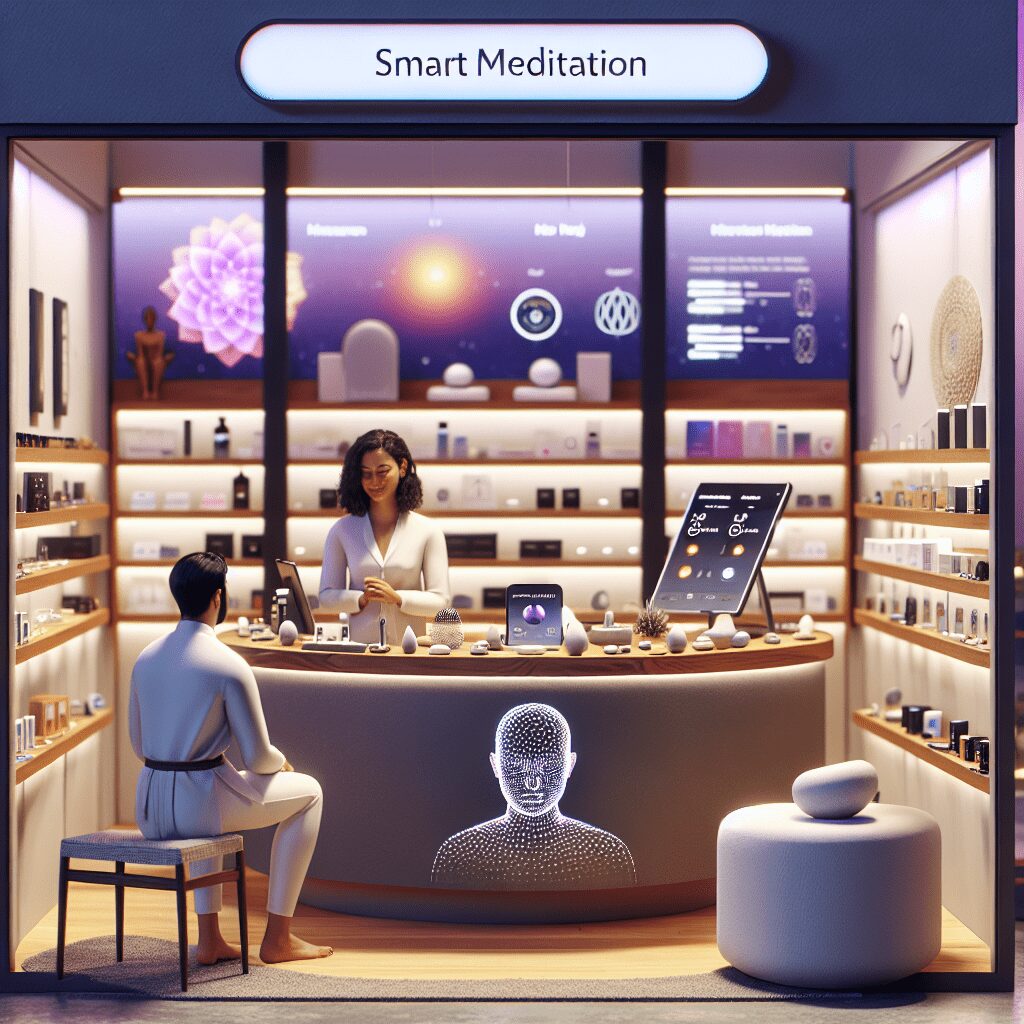
Prioritize your mental well-being daily. Enhance your life by nurturing your mental health with the Smart Meditation app. Break free from stress, alleviate anxiety, and enhance your sleep quality starting today.
Is Anxiety And Depression The Same?
Unveiling the Mystery: Are Anxiety and Depression Twins?
The question that piques the curiosity of many: Are anxiety and depression one and the same? This query has swirled around for ages, intertwining like vines in people’s minds. At first glance, the two might seem like two peas in a pod, both involving distressing emotional experiences. However, dive a bit deeper, and you’ll realize they’re more like distant cousins than identical twins.
Deciphering the Enigma: Anxiety vs. Depression
To clear the fog, let’s break down the characteristics of each.
Anxiety, in the simplest terms, is the body’s natural response to stress. Imagine you’re about to give a presentation, and suddenly, your heart starts doing the samba. That’s anxiety knocking at your door. It’s not always a foe; in moderate doses, it keeps you on your toes, ensuring you’re alive to the challenges ahead. But when the worry starts gatecrashing every thought, making mountains out of molehills, it’s tip-toed into what experts call an anxiety disorder.
On the flip side, depression doesn’t just pop in for a quick visit; it unpacks its bags and settles in. When the blues become your constant companion, dulling the world’s colors and sapping the joy out of life, depression has made its entrance. It’s like walking under a cloud, with hope’s rays struggling to break through. Symptoms range from a persistent sad mood, loss of interest in activities once enjoyed, to changes in appetite and sleep patterns. In a nutshell, it’s a long-term tenant that affects how you feel, think, and handle daily activities.
The Intersection and Divergence
While anxiety and depression occasionally share the same space, they’re not a monolith. You might find them hanging out together in what professionals term co-morbidity, meaning it’s not unheard of for someone to experience both simultaneously. Yet, their origins, how they manifest, and their impact can differ significantly.
Anxiety, with its roots in excessive worry about future events, often leads to hyperarousal. Imagine your brain’s alarm system stuck on the ‘on’ position. Depression, conversely, often stems from past or current events, leading to a state of hypoarousal. Here, it feels like the brain’s snooze button is jammed.
Tailoring the Approach: Treatment and Management
Understanding their nuances is crucial, as this influences the approach to treatment and management. For anxiety, cognitive-behavioral therapy (CBT), mindfulness practices, and sometimes medication are effective. These strategies aim to tame the wild horses of worry and rewire how the brain responds to anxiety triggers.
Depression might take a similar route but often leans more heavily on antidepressant medications along with psychotherapy. The goal? To repaint the world in brighter hues and empower individuals to regain control of their emotions and daily functions.
Navigating the Path to Wellness
Remember, whether it’s anxiety, depression, or both, professional guidance is key. Just as you wouldn’t embark on a jungle safari without a map and guide, navigating the complex terrain of mental health demands expertise. With the right support, it’s entirely possible to untangle the knot of emotions and step into a lighter, more vibrant space.
In the melee of mental health, distinguishing between anxiety and depression isn’t just an academic exercise. It’s a vital step in understanding one’s experiences, catalyzing a journey towards healing, and ultimately, fostering a life not just survived, but thrived. So, while they may share similarities, knowing the differences ensures the battle is half won.





